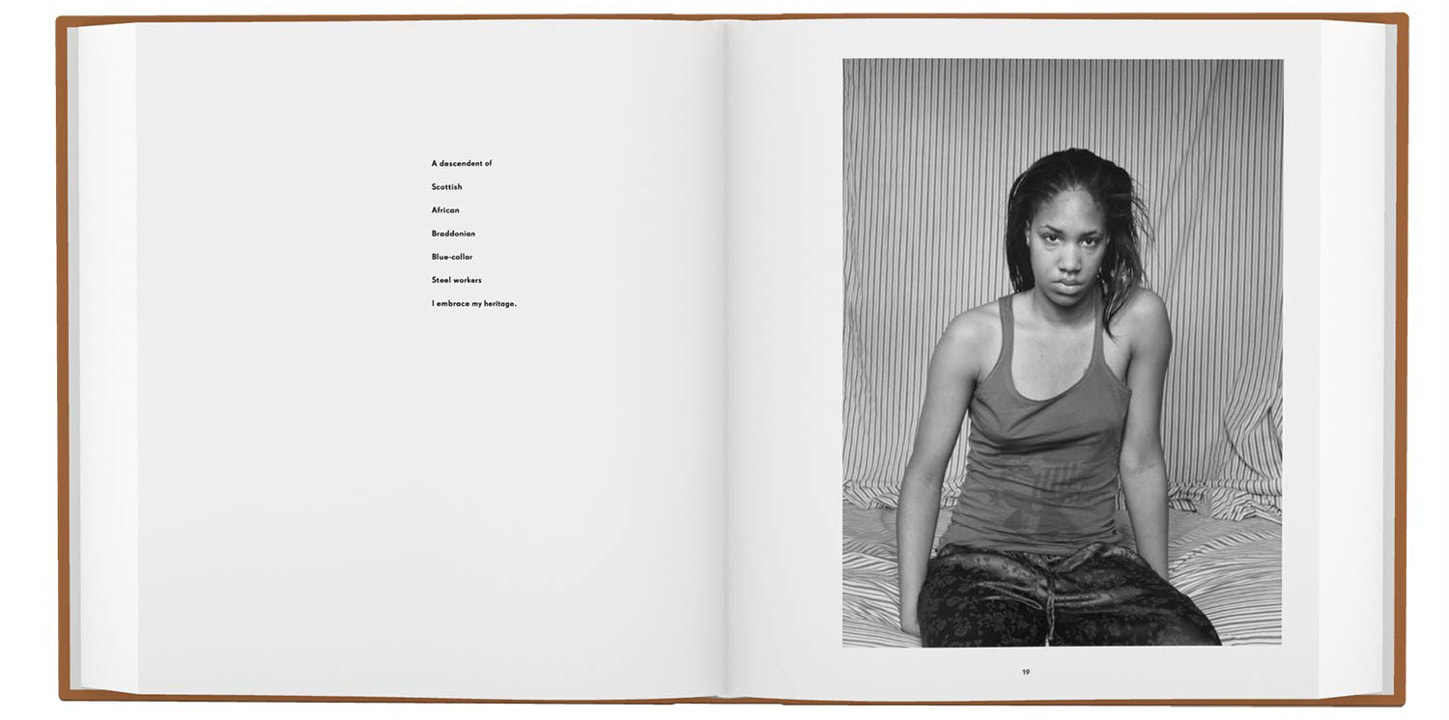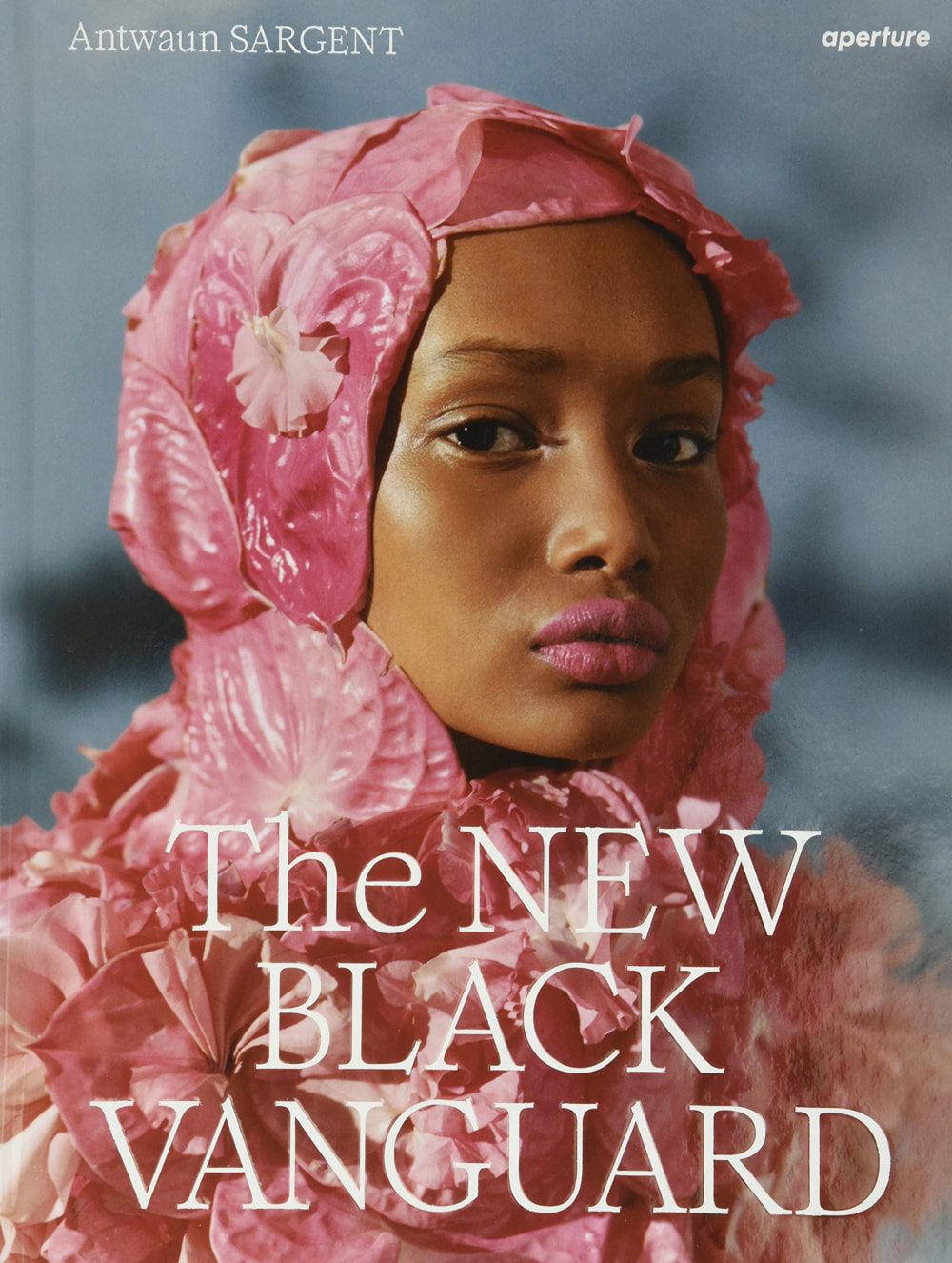This interview has been edited for length and clarity.
|
|
About the ArtistLesley Martin is creative director of Aperture and founding publisher of The PhotoBook Review. Her writing on photography has been published in Aperture, IMA magazine, and FOAM, among other publications, and she has edited more than one-hundred books of photography, including On the Beach by Richard Misrach; Illuminance by Rinko Kawauchi; LaToya Ruby Frazier: The Notion of Family; Zanele Muholi: Hail the Dark Lioness; The New Black Vanguard by Antwaun Sargent; and Sara Cwynar: Glass Life. Martin co-founded the Paris Photo–Aperture Foundation PhotoBook Awards in 2012, and received the Royal Photographic Society award for Outstanding Achievement in Photographic Publishing in 2020. She is currently a visiting critic at the Yale University Graduate School of Art. |
|
Truth in Photography: Could you talk about your role in the publishing of photo books?
Lesley Martin: It varies from project to project. Sometimes I acquire or commission projects that pertain to issues in photography that I've been thinking about and see as relevant to the field. Sometimes I reach out to artists that are doing interesting work and start a conversation with them, and from that, a book that might evolve. Other times people come with the book already in mind and fully developed. In those cases, the challenge is to make physical something that exists in prototype, in dummy form, and to make a physically printed book that is able to connect to the right audiences. With more fully formed project especially, the challenge is to evaluate: does this fit with what Aperture is doing? Does it fit with something that is missing from the larger conversations within photography? Part of what we do is to build platforms for photographers who are pushing the boundaries of what’s possible with the medium. We’re also interested in exploring voices that have been pushed to the margins, or have been forgotten, as well as supporting artists whose voices are really singular.
TiP: Do you ever think about the issues related to the truth of what you're seeing?
Martin: Obviously truth is a big word in relation to photography, as you know. When it comes to making a book, I think of it more as a challenge of storytelling. Sometimes more truths are told in stories. There's a way that you can weave together something that exists and emerges from someone's imagination that speaks truth more eloquently than a handful of disconnected facts. In making books, it’s important to consider how one can best communicate the experiences that the photographer has had and wants to share. And in fact, one thing I love about a book is its ability to function as a binding agent that can pull together almost any handful of disconnected facts, turning them into a coherent tale that feels completely reliable.
Lesley Martin: It varies from project to project. Sometimes I acquire or commission projects that pertain to issues in photography that I've been thinking about and see as relevant to the field. Sometimes I reach out to artists that are doing interesting work and start a conversation with them, and from that, a book that might evolve. Other times people come with the book already in mind and fully developed. In those cases, the challenge is to make physical something that exists in prototype, in dummy form, and to make a physically printed book that is able to connect to the right audiences. With more fully formed project especially, the challenge is to evaluate: does this fit with what Aperture is doing? Does it fit with something that is missing from the larger conversations within photography? Part of what we do is to build platforms for photographers who are pushing the boundaries of what’s possible with the medium. We’re also interested in exploring voices that have been pushed to the margins, or have been forgotten, as well as supporting artists whose voices are really singular.
TiP: Do you ever think about the issues related to the truth of what you're seeing?
Martin: Obviously truth is a big word in relation to photography, as you know. When it comes to making a book, I think of it more as a challenge of storytelling. Sometimes more truths are told in stories. There's a way that you can weave together something that exists and emerges from someone's imagination that speaks truth more eloquently than a handful of disconnected facts. In making books, it’s important to consider how one can best communicate the experiences that the photographer has had and wants to share. And in fact, one thing I love about a book is its ability to function as a binding agent that can pull together almost any handful of disconnected facts, turning them into a coherent tale that feels completely reliable.
TiP: If there's a truth to history, it's when it strives to be inclusive rather than exclusive. What's great in seeing Aperture evolve for me, and particularly through your publishing program, is that it really works hard to be inclusive, not pandering to what perceived political correctness might be, but because it's right, because it's high time that we enlarge the dialogue about the canon of photography.
Martin: That's right. It is about enlarging the canon or subverting what is known as the canon, because, frankly, that's been played out and is extremely narrow in its attention. Aperture’s publishing program has always evolved in relation to the question of: how can we expand our understanding of a multiplicity of truths and experiences through photography?
TiP: Well, I think the process of making books needs to be a discovery. That's what makes books vital.
Martin: That's right. It is about enlarging the canon or subverting what is known as the canon, because, frankly, that's been played out and is extremely narrow in its attention. Aperture’s publishing program has always evolved in relation to the question of: how can we expand our understanding of a multiplicity of truths and experiences through photography?
TiP: Well, I think the process of making books needs to be a discovery. That's what makes books vital.
|
Martin: Yes. I think that idea of discovery is why I do what I do. Every book I make is like taking an advanced course on a particular subject or on an artist's work. Every time I begin to work with a photographer or on a book, I'm really immersing myself in somebody else’s perspective, or a history, or a topic, and I'm not doing it to prove what I already know. I'm doing it to acquire new knowledge and to be surprised. That’s what people are interested in. That's what a good book does. That's why people come to a project like, most recently, The New Black Vanguard. That was a collection of work brought together by the editor, Antwaun Sargent, who had a particular vision and understanding of how the world of photography has been changing, blurring the boundaries in between fashion, editorial, and art perspectives—and in particular from a young, contemporary Black perspective. Antwaun had been writing for Aperture magazine, and, in conversation with him, I knew that he brought a set of very interesting ideas to the table. Interesting to me, because it meant, again, an expansion of something happening in what we typically think of as photography and also something relevant to where we're at in the world right now.
TiP: What's particularly impressive about Aperture books is the ways in which they feature photographs and imagery but also integrate texts that elaborate their context. Martin: A book is all about context for me, and I think my colleagues share that view. We live in a wash of images around us all the time, but they're increasingly free floating. They're not attached necessarily to a particular set of statements. What we do, ultimately, is to build a contextual framework for a body of work or a set of ideas. |
|
|
|




